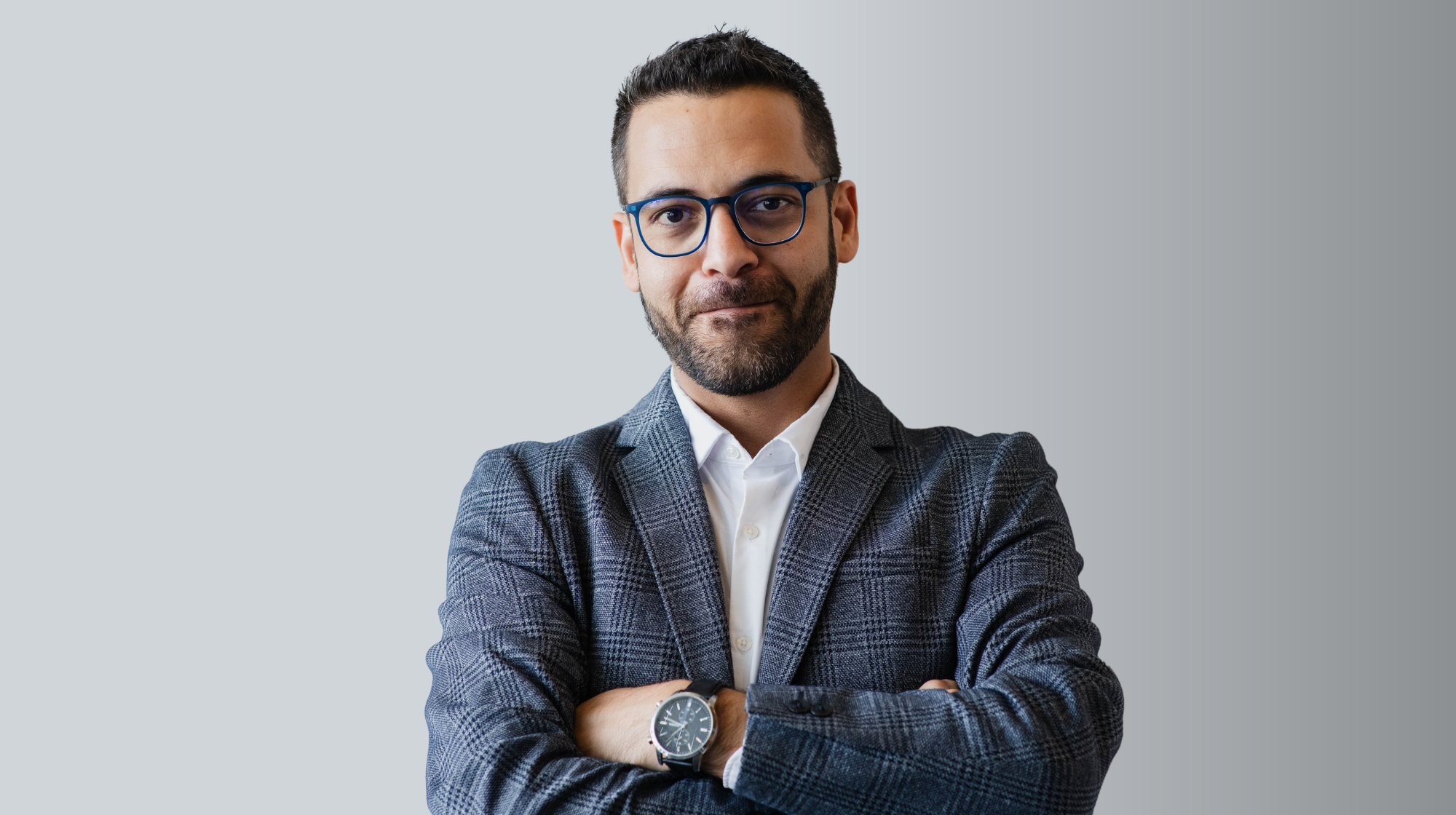Helping Humanity

Daniel P. Smith
Truth be told, Samie Tootooni never imagined working in the health care arena.
Born in Iran, Tootooni moved to the U.S. in 2012 to pursue his PhD in Industrial and Systems Engineering at New York’s Binghamton University. His doctoral studies focused on monitoring data systems, an academic labor seemingly destined to produce professional opportunities in areas like defense technology or manufacturing.
“Health care wasn’t even on my radar,” Tootooni admits.
That is until Tootooni’s doctoral advisor pulled him into a side project exploring early prediction of seizure attacks in patients with epilepsy. Using sensors, the research team wanted to see if the human brain’s electrical activity – its own type of manufacturing-like data system – could provide foretelling signals of a seizure. Monitoring signal activity in the brain, the research team found they could predict an upcoming seizure with reasonable accuracy.
The project stoked Tootooni’s interest in health care and, even more, the prospects of applying his interest in complex data systems, technology, and artificial intelligence to support human health.
“To me, helping humanity is a noble thing to do,” Tootooni says. “There is no philosophy in the world saying otherwise.”
A subsequent National Science Foundation-funded project designed to detect acute stress only intensified Tootooni’s attraction to health care and solidified his professional ambitions.
“I saw this could help people. It could save people,” he says. “I knew this is what I wanted from the application of my work.”
Driving better health care
Since arriving at Loyola University Chicago in 2019, Tootooni, an assistant professor in the Department of Health Informatics and Data Science, has been relentlessly focused on leveraging artificial intelligence (AI) to streamline health care decision making. Embracing Loyola’s interdisciplinary ethos and the Jesuit mission to serve humanity, Tootooni’s health care-oriented work aims to minimize response times, reduce errors, heighten efficiencies, lower costs, and, ultimately, generate improved patient outcomes.
In one current project, for example, Tootooni and his team are working to propel clinical care for stroke victims. The group has designed an AI-powered “decision support tool” to help ambulance staff determine where they should take each individual patient for care.
“There are different types of strokes and not all hospitals are able to take care of every stroke patient, so the AI provides a reasonable and explainable recommendation based on the patient’s condition,” Tootooni explains.
Tootooni is quick to note his team’s innovation does not prevent strokes; rather, it expedites clinical decision making and care, which can minimize damage and improve outcomes. With some 800,000 new stroke patients each year in the U.S. alone, Tootooni says creating an accessible and relevant tool to help inform and accelerate care can help patients and families in the U.S. and around the world.
“When you can create AI-based tools that can be expanded, then you can scale up to different clinics, different hospitals, different ambulances, and different regions, so think of the impact one tool can have,” says Tootooni, who had a two-year postdoctoral stint in health informatics at the renowned Mayo Clinic before joining Loyola’s faculty ranks.
Impact through interdisciplinarity
Influencing human health in positive ways is precisely what drives Tootooni’s efforts, including the composition of his lab team.
The Tootooni Lab, which fluctuates between 10-12 members, is an academic potpourri featuring undergraduate, graduate, and PhD students as well as postdocs and research staff representing a diverse array of fields, including medicine, computer science, bioinformatics, nursing, health analytics, and biostatistics. For Tootooni, the lab’s diversity enhances its capacity to tackle a wide range of projects. The diversity also grounds the lab’s work in real-world applications capable of informing practice and care.
“You cannot do health informatics just with medical science or computer science. It has to be a combination,” Tootooni says. “We need medical knowledge, the IT and AI knowledge, and the clinical perspective to be thinking about how our work is applicable or implementable in practice.”
And Tootooni is quick to shower praise on a talented and dedicated lab team that embraces collaboration and progress while shedding individual agendas.
“They’re one team with a shared goal to make the final product as sound as possible,” Tootooni says, adding that his lab also roots its work in ethics and integrity, inclusivity and fairness, while seeking to leverage the power and promise of AI for universal human good. “We want to make sure these tools are fair, which isn’t something happening very often in modern health care.”
Typically, Tootooni notes, taking an idea in the health care space from genesis to full commercial implementation runs 15-20 years – and that’s if everything goes well. By baking translation into the process from the onset, an effort supported by his lab’s ongoing collaboration with clinicians and health care practitioners, Tootooni increases the pace of translation and puts compelling solutions that much closer to the marketplace.
“If we have the capacity to do that, we should,” he says. “Helping people enjoy healthier lives is the ultimate goal.”
